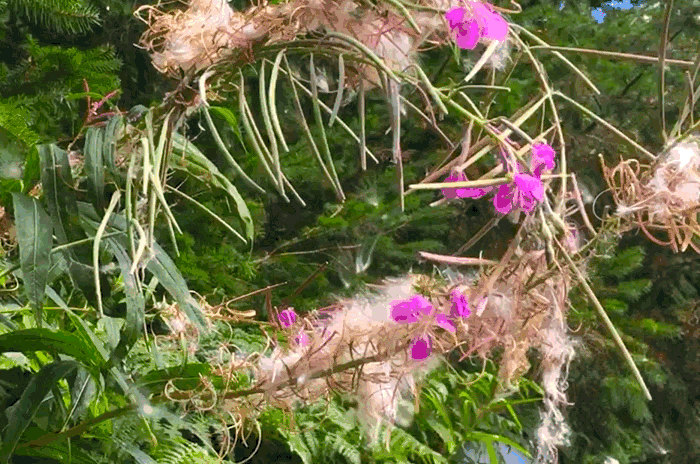
You can’t have a society without a collective understanding of time. You can’t. Show me one. Time is the basis of everything: our idea of shared reality, what we think happens after we die, every question of faith, every approach to proof, everything. There are great similarities from culture to culture about the big mathematical details. For example, some have noticed that the sun moves the distance of its own radius every minute, it’s why we have a minute. It’s in the stuff we can’t prove and quantify where we can really see the personality of a people.
This pairing of runes, Beorc and Ger, Birch and Year, reveals what happens to a culture’s sense of time when their abundance waxes and wanes rather drastically with their living conditions. These were coastal people whose challenging waters range from confronting to inhospitable. Their cold inland weather has its own difficulties and everything depends … More

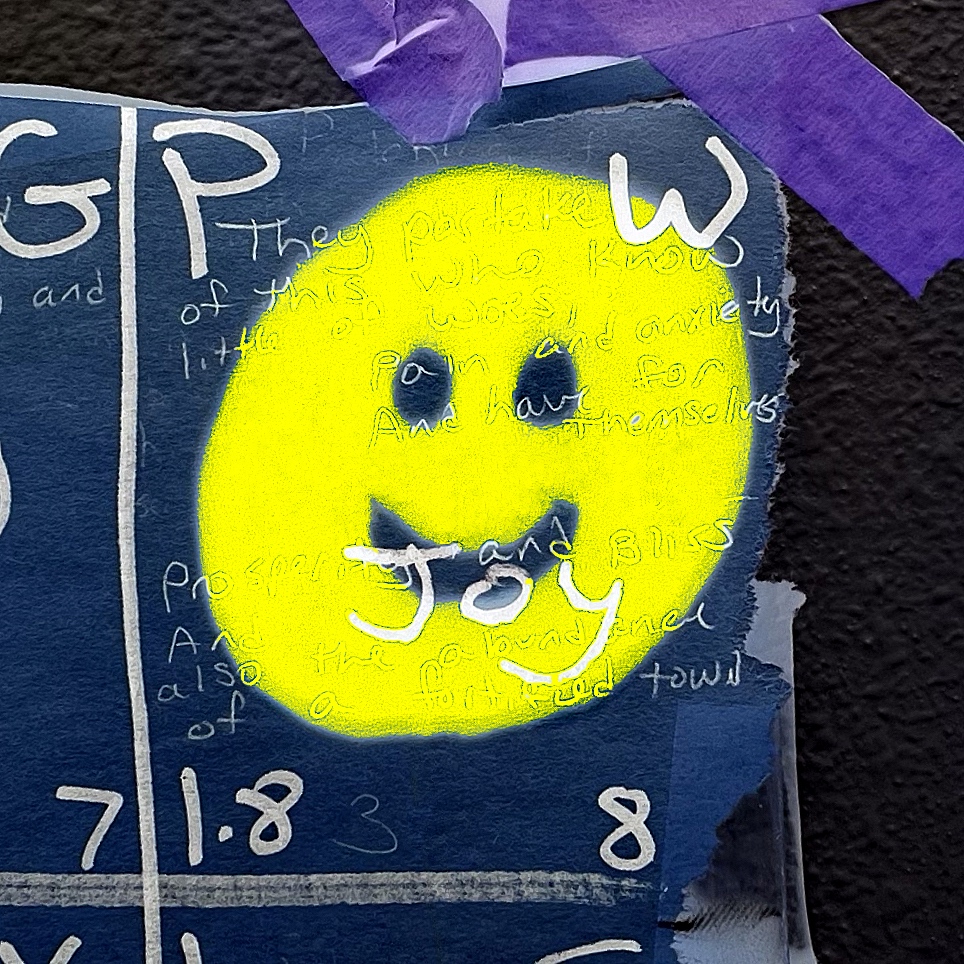
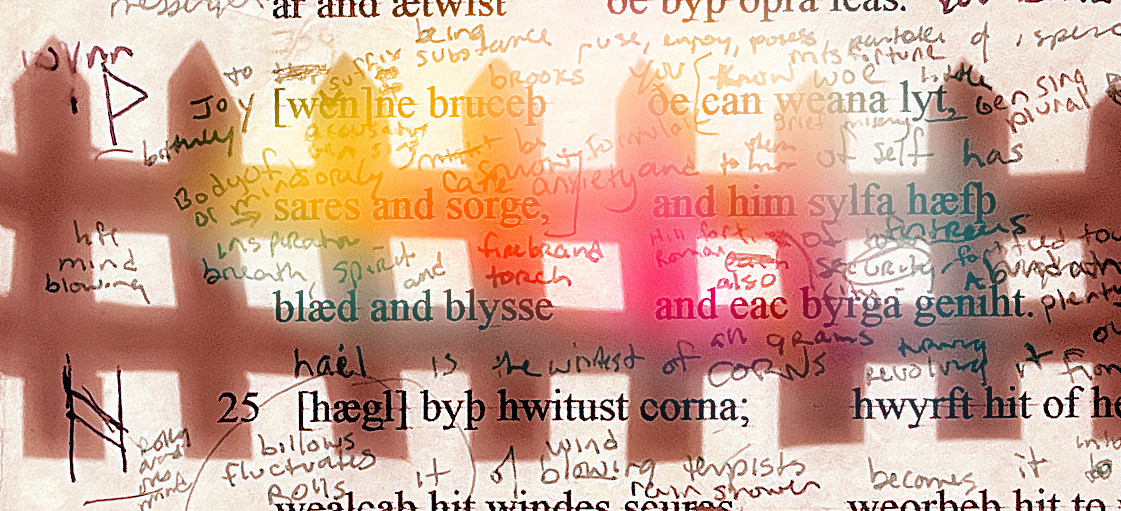
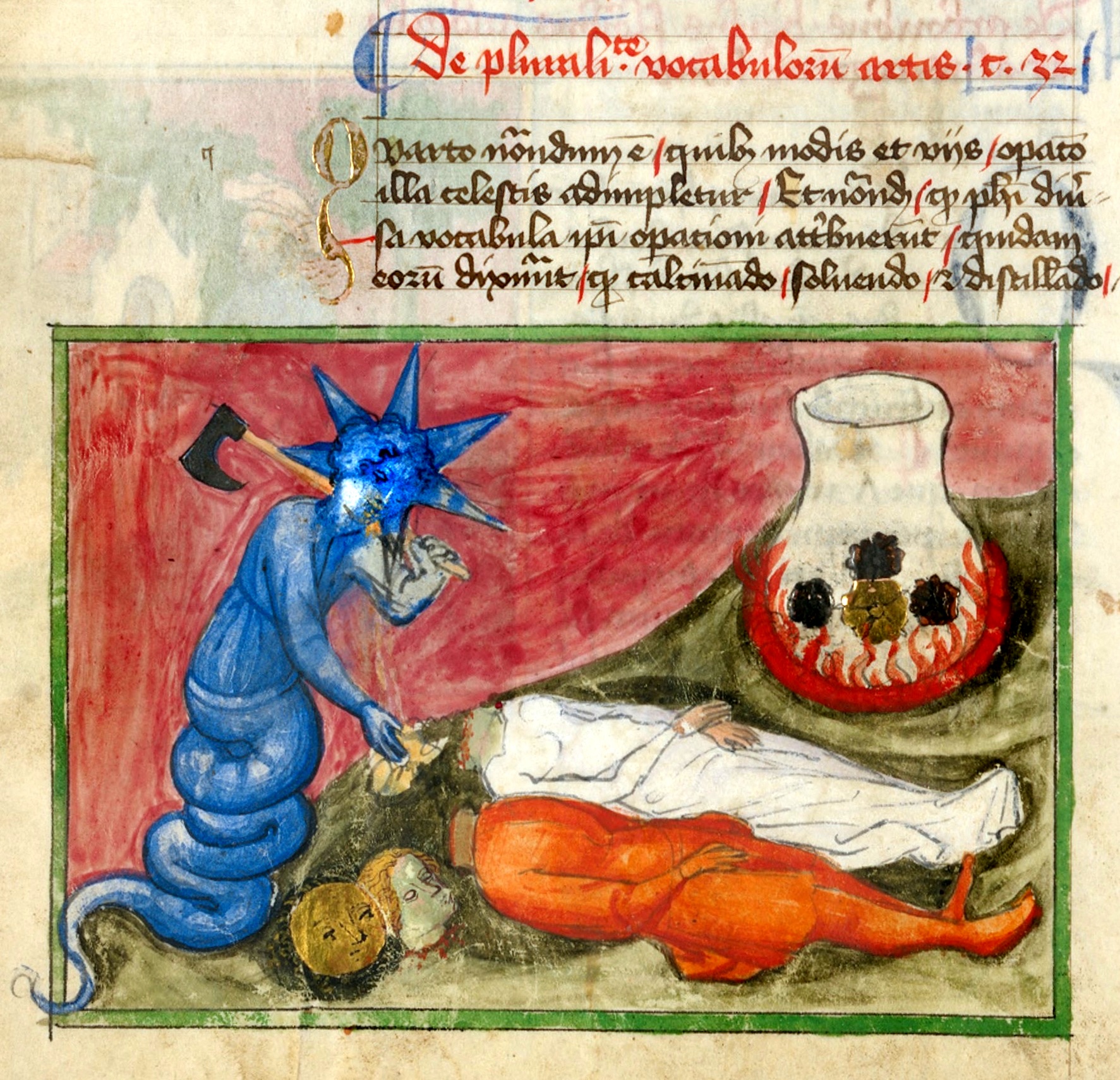 You are miserable,
You are miserable, 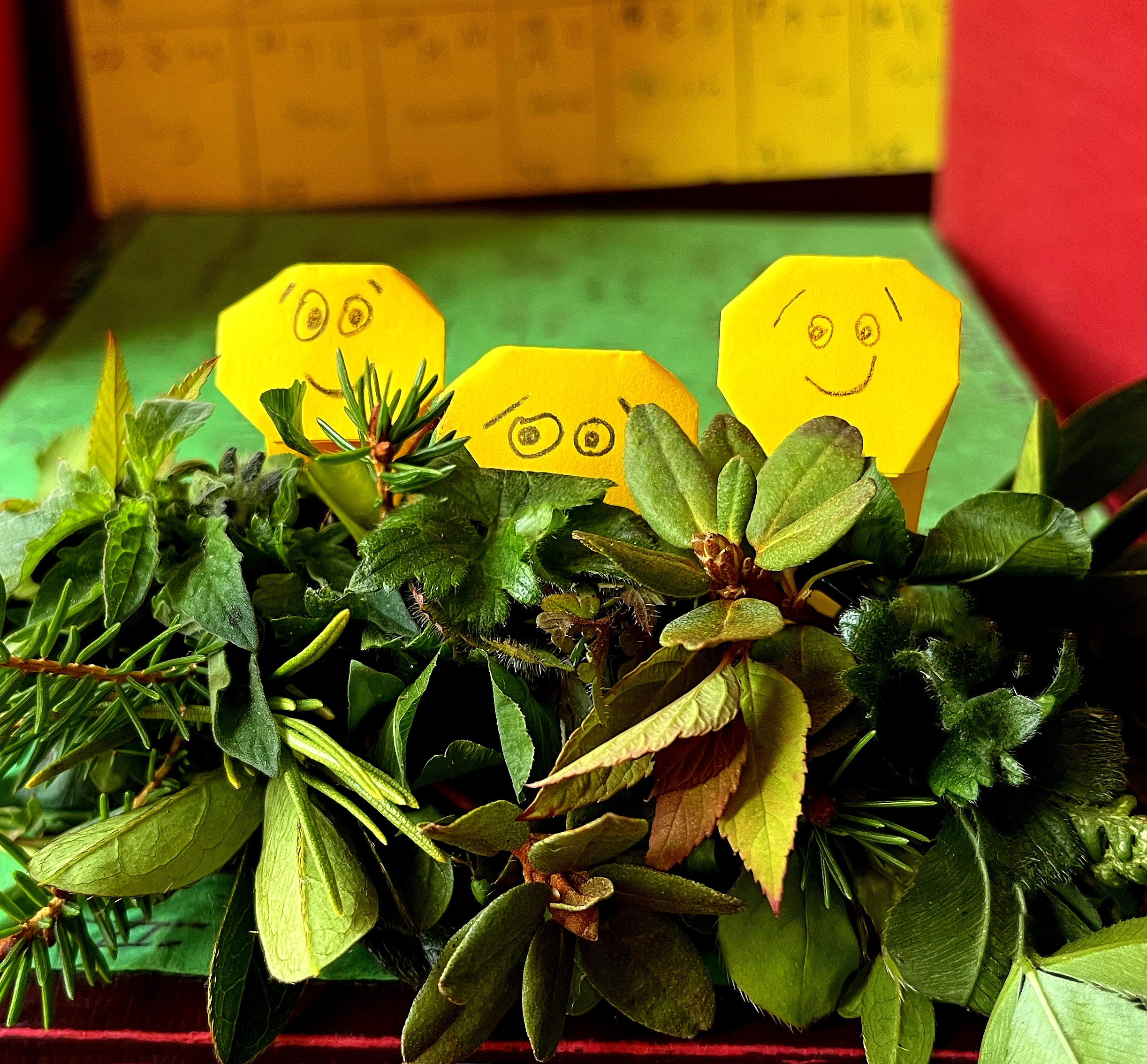 When you line up the Rune Poem stanzas and bend the line back on itself into a long U shape so the runes face each other, you get fourteen pairs. This pair, Ing and Wyn, the eighth, begins the middle half of the poem, moving toward
When you line up the Rune Poem stanzas and bend the line back on itself into a long U shape so the runes face each other, you get fourteen pairs. This pair, Ing and Wyn, the eighth, begins the middle half of the poem, moving toward 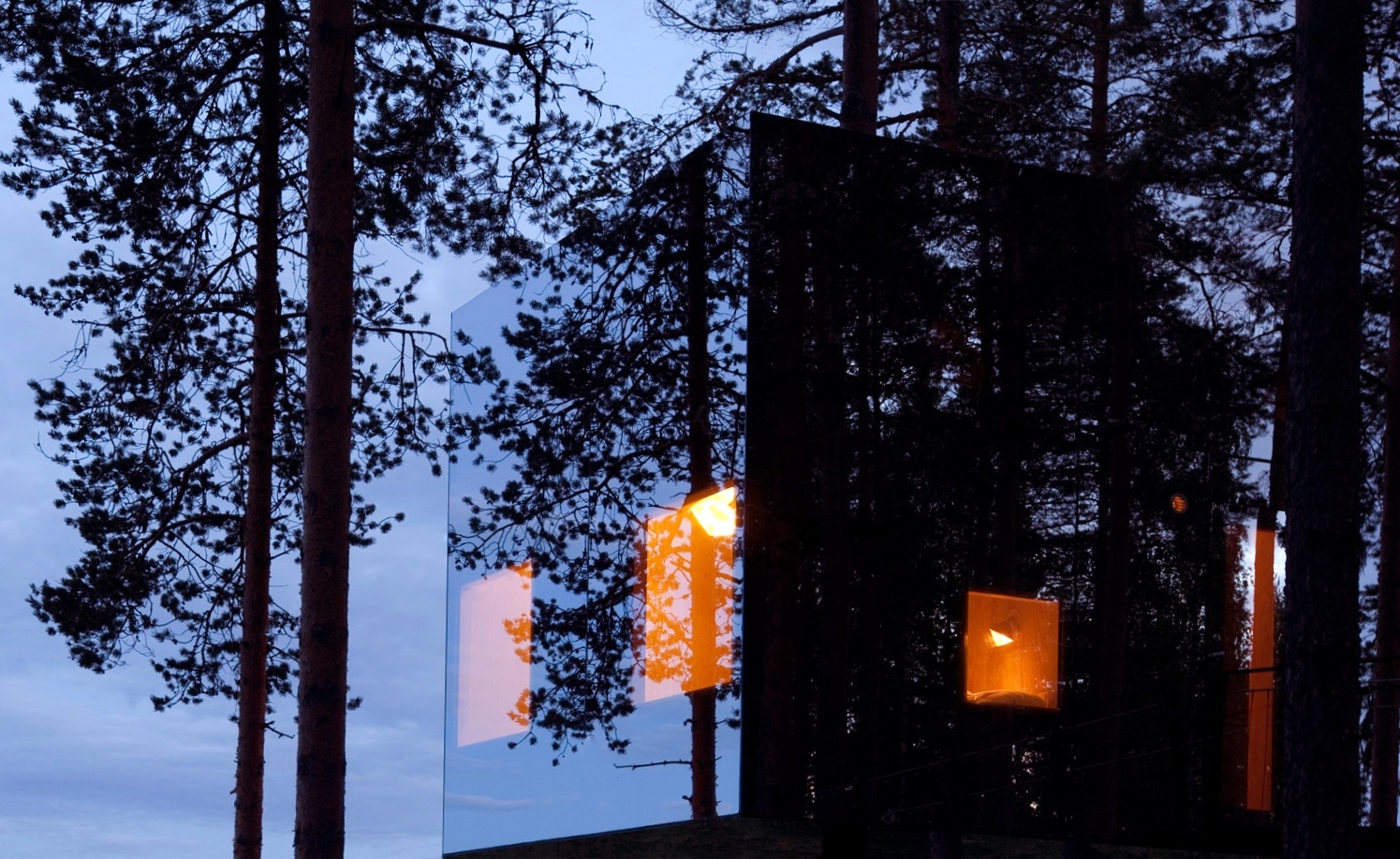 Cheer up, you are safe. It’s dark and scary out there, but not here. Not anymore. Look around. Walls keeping the baddies out, inside you’ve got way more than you need and access to everything. Feel the
Cheer up, you are safe. It’s dark and scary out there, but not here. Not anymore. Look around. Walls keeping the baddies out, inside you’ve got way more than you need and access to everything. Feel the 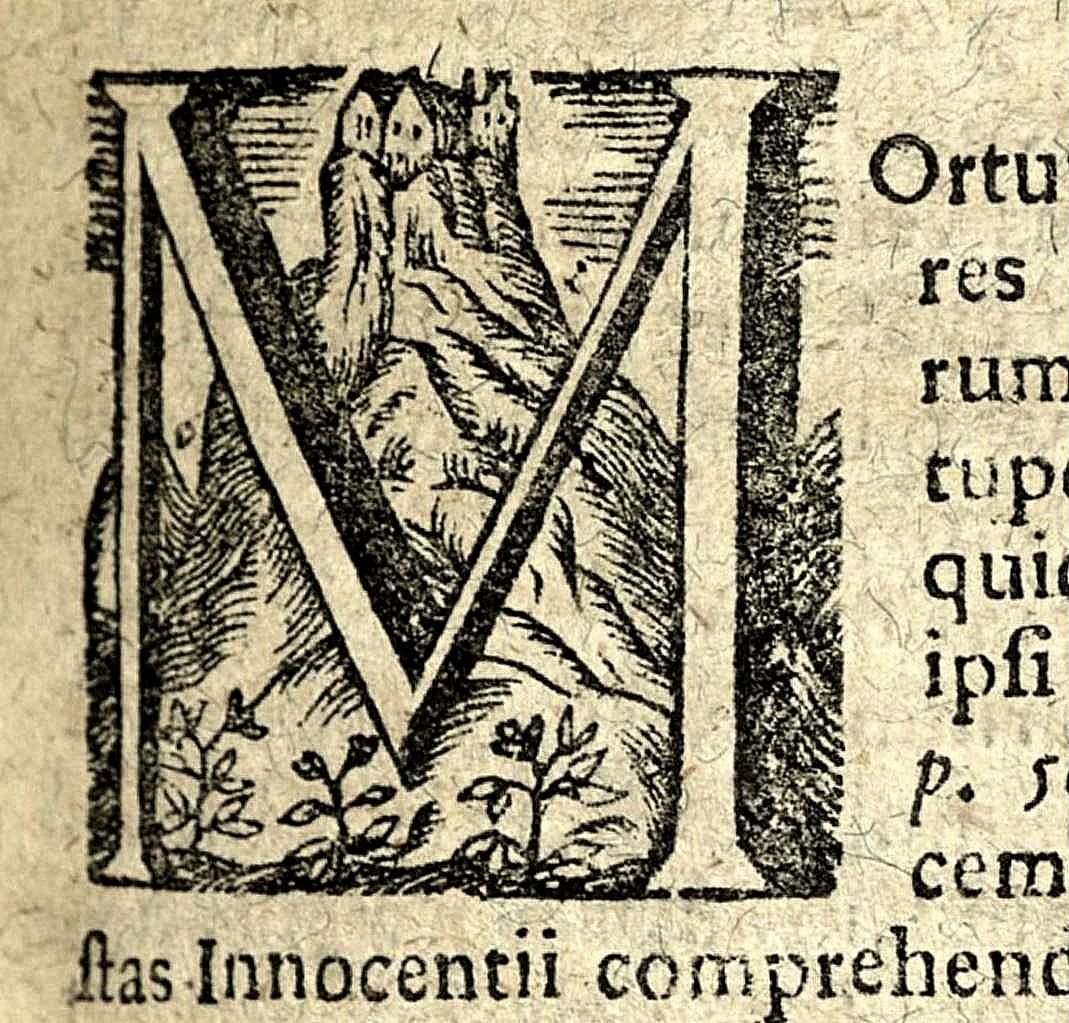
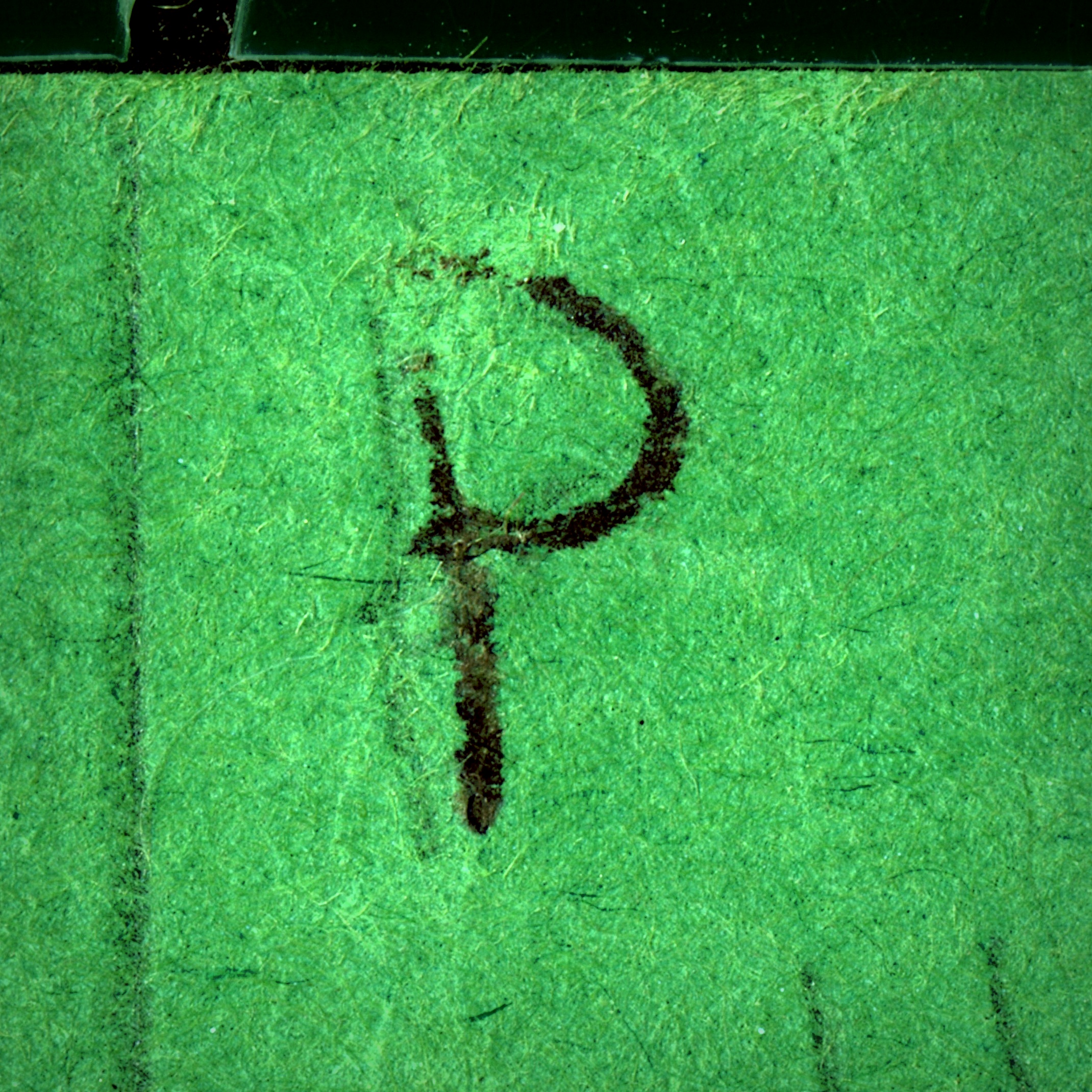 What is W? It looks like two Vs but its name says it is U doubled. It is a consonant, but in other times in select places, it is a vowel. What happened? Why do we have W?
What is W? It looks like two Vs but its name says it is U doubled. It is a consonant, but in other times in select places, it is a vowel. What happened? Why do we have W?
